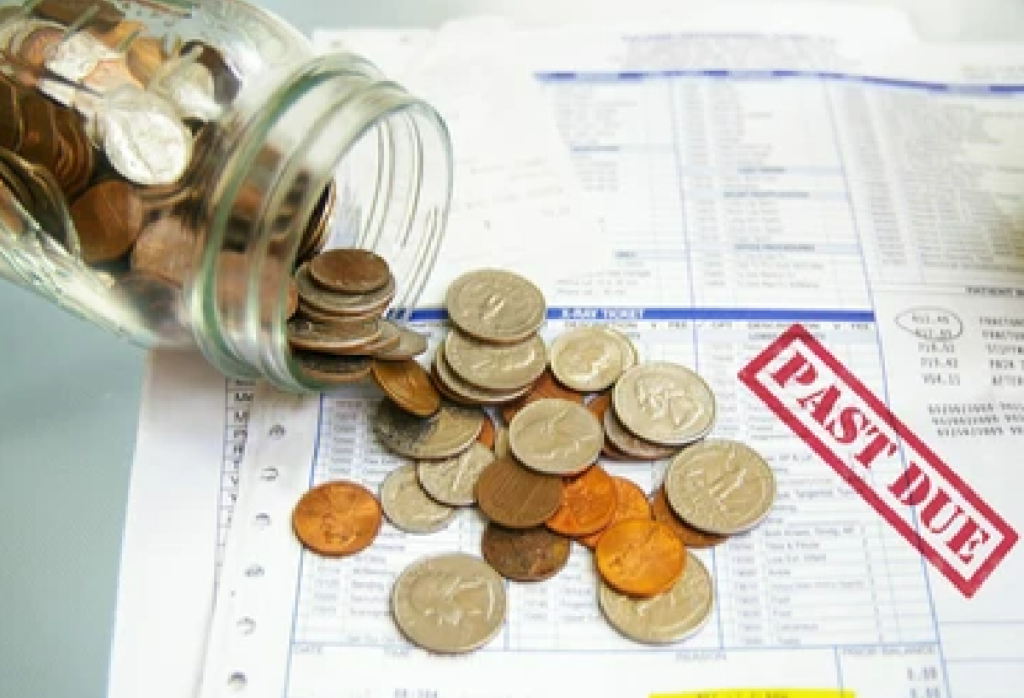Late payments can happen to anyone, even the most diligent person. Life gets busy and you forget to set up your autopay on a new credit card. Maybe you had a financial hiccup and needed some extra time to make your car payment. Either way, while mostly avoidable, sometimes they’re out of necessity.
Fortunately, you can avoid the one-off late payments and set yourself up for consistent on-time payments with the tips in this blog. And if you do find yourself with a late payment, this blog also looks at a few things you need to know about how it affects your credit history and what you can do to protect your score.
How Do Late Payments Impact Your Credit?
The most common ways a late payment can affect your credit include:
- Credit score changes: Payment history makes up 35% of your credit score. That means late payments can seriously impact your score, especially if you’re habitually late.
- Long-term documentation: While it varies from lender to lender, late payments can stay on your credit report for up to seven years after you first become delinquent.
- Interest rate: The interest rate on loans generally won’t change if you make a late payment, but you could see increases to your Annual Percentage Rate (APR )if you’re late on credit card payments. An example of this could be losing a promotional 0% rate if a payment is missed, causing the interest rate to be reset to the default.
Besides these penalties, you’ll likely have to pay late fees on overdue payments. This means – between fees and interest rate increases – you could pay a lot more for making that payment late.
3 Ways You Can Avoid Late Payments on Your Credit Report
Technology makes it easy to keep up with payments, and most lenders offer tools and integrated features that enable you to stay on track.
1. Set Up Automatic Payments on Your Credit Cards and Loans
There are two great reasons to use autopay: consistent, on-time payments and discounts. Autopay can ensure your payments are made on or before the due date. Some credit card companies and financial institutions even offer discounts for signing up using their auto payment feature.
2. Schedule Payment Reminders for Manual Payments
While most lenders make it easy for you to sign up for autopay, some options might require manual payments. Or, you might prefer to make your payments by mail or on a different day every month. In that case, schedule a succession of payment reminders so you won’t forget to log on and submit your payment.
3. Request a Change to Your Due Date
If you find yourself consistently making payments late – or if you just want to have your payments due on certain dates – you can contact your lender about changing the due date. You might be able to do this online without reaching out to anyone physically. In other cases, you’ll need to talk with someone and potentially sign new documentation agreeing to an extension of your loan terms.
Frequently Asked Questions About Late Payments and Credit
Beyond preventing late payments and knowing they can hurt your credit, here are answers to a few questions you might have about how they can impact your history.
When are Late Payments Reported to Credit Bureaus?
An important thing to remember about late payments is that there is generally a distinction between a payment being late and it being delinquent. You might pay late fees for being 10 days behind on your credit card, but you won’t see any record on your credit report until you’re a month late.
Are Late Payments Sent to Credit Bureaus After 30 Days?
For a payment to be reported to the three major credit bureaus as “delinquent,” the payment must be 30 days past due. However, every company submits their credit reports to the bureaus on different dates, so you don’t necessarily know when the payment will be reported. Though you can check the “reporting date” on your credit report for when the missed payment would show up.
How Long Do Late Payments Stay on Your Credit Report?
Even one payment that is 30 days late can stay on your credit report for up to seven years. You might only see a snapshot of the most recent payments on your report, but the late payment still has an impact on your score.
Can Late Payments be Removed from Your Credit Report?
The answer to this depends on a couple of things:
- Is the late payment an error?
- Did you make the payment late?
You can dispute errors for anything that doesn’t seem right, but handling the latter takes a bit more effort. You’ll need to contact your lender or credit card company. You can start with a phone call. If that doesn’t work, a goodwill letter explaining the situation could prove more fruitful.
Finding the Right Financial Partner for Your Credit Goals
Your credit is an important component of a healthy financial portfolio. That’s why you want to work with companies that understand your goals. Whether you need flexibility in changing your due date or help to secure credit after a few challenges, the right lender may be able to work with you to help you achieve your credit goals.
Are you looking for a flexible lending solution? Mariner Finance may be able to help with a personal loans that fits your needs.








